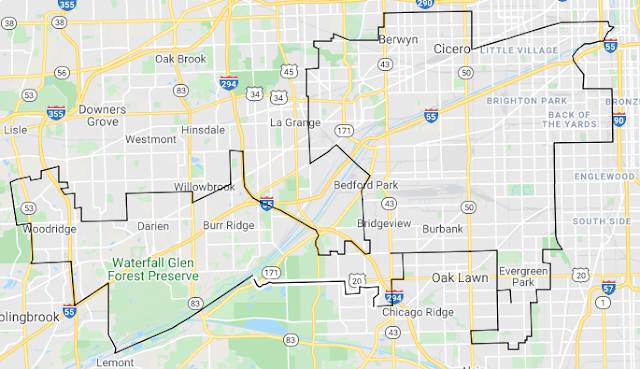Why "Change Happens Quickly"?
One of my differences with many political activists and issue activists is that I do not accept the "go slowly" or "incremental" approaches to social change.
I think you're supposed to demand something big that fixes the problem and then you are supposed to change the people in power, not water down the demands to make elected officials and foundation donors more comfortable.
I generally think people who spend a bunch of time telling you what they did in the past are a waste of time. But allow me to waste your time.
In 1993, I was an active duty Navy lieutenant assigned to the USS Independence (CV-62). I was eating in the wardroom when I was told that there was a request for Navy officers to volunteer to be UN military observers (peacekeepers) in Cambodia.
I was assigned to the engineering department and the chief engineer was one of the most brilliant (prob #1) officer I worked for in the Navy. CDR Bill Goodwin was also, a strong supporter of the careers and ambitions of his subordinates. This was one of the things that worked to my advantage.
Normally, a ship (as opposed to a shore command) is very reluctant to let anyone go. That's a watch stander. That's someone who does something that gets inspected and that work is going to be done by someone else (or not done). But aircraft carriers are big enough that parting with one officer is plausible.
Another key detail is that I was not qualified for the position. The "All Nav" message asked for officers who had six-years seniority (I had four). And they wanted someone who spoke French (I took Spanish and made no claim to speak it) and had a diplomatic passport. I had a standard passport, but it was in Japan (where I lived) and I was at sea off the coast of Australia.
I believe that CDR Goodwin's thought process was that by favorably endorsing me to be a UN military observer, he could say he supported me. And the expectation was that I'd be rejected. Also, when the captain of the ship asked if engineering department could part with one officer, Goodwin could truthfully say, engineering department will manage.
I was selected. I'd been assigned to Indy since December, 1992 and in June, 1993, I was on the flight deck for the first time and being flown off the ship.
From December 2-4, 1997, I was in Ottawa, Canada for the signing of the Ottawa Treaty to ban anti-personnel landmines.
Did I skip part of the story? In Cambodia, anti-personnel landmines were a major problem in rebuilding Cambodian society. There was the problem of a large number of amputees existing in the population. I believe the estimate was one in 243 people were landmine amputees. And then there was the problem of the remaining landmines being an impediment to agriculture and mobility.
But the lesson I learned was that when the people see the need for change, change happens quickly. And change can happen even if shitheads like Bill Clinton are using the power of the US Gov't to impede change (while publicly saying they support the goals).
Clinton's passive-aggressive game for thwarting the landmines treaty was to send the issue to the Conference on Disarmament, a 60-country body that operated by consensus at that point.
(The governments of Canada and Norway saw through Clinton's gambit & created an ad hoc multilateral body that required accepting the goal of banning anti-personnel landmines to be at the negotiating table.)
Human society has big problems to address. And we don't have a timeline for "incremental" change to work. More on this later.

Comments
Post a Comment